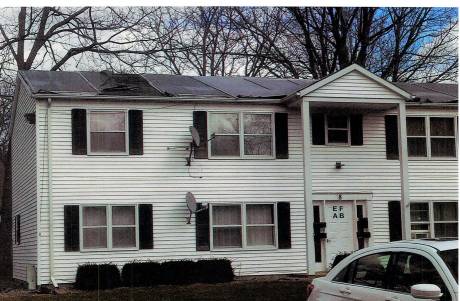Genesee County receives $1.2M HUD grant to help homeowners improve housing safety and health in GLOW region
Press Release:
Health outcomes such as asthma, lead poisoning, injury, and other chronic diseases have been linked to unsafe and unhealthy housing conditions. Hazards are not only in older homes; new homes can also have hazards lurking within.
“Making homes safer and healthier can help children grow up strong, allow older adults to stay in their homes, and help people with disabilities live independently,” stated Darren Brodie, Environmental Health Director of Genesee and Orleans County Health Departments (GO Health).
In January of 2024, the Genesee County Health Department received $1.2 million in funding from the Department of Housing and Urban Development (HUD). This Healthy Homes Production (HHP) Grant addresses health and safety hazards in homes and apartments in Genesee, Livingston, Orleans, and Wyoming (GLOW) Counties. Health and safety hazards may include but are not limited to dampness and mold growth, asbestos, radon gas, pests, fall risks, and weatherization.
In order to be eligible for these funds, homeowners and property owners must meet all of the following requirements:
- Tenants or homeowners are income eligible (funds available for vacant units, call for more information)
- Existing health or safety hazards in the home
- Property is current on tax and mortgage payments
- Other requirements determined on a case-by-case basis
Rental property owners are required to match 10% of the total project costs. For example, a rental property owner would be required to pay $2,000 for a $20,000 project.
Rental properties must have four units or less. Recipients are required to maintain ownership of the residence for 5 years after the project is completed.
All work is completed by pre-approved local contractors with applicable certifications. If you would like to be added to our list of contractors, please contact the Genesee County Health Department or fill out the application on the GO Health website.
For more information or help determining eligibility, please contact the Genesee County Health Department at 585-344-2580 ext. 5555, or at Health.GOlead@geneseeny.gov. You can also visit GOHealthNY.org for more information or to apply.


